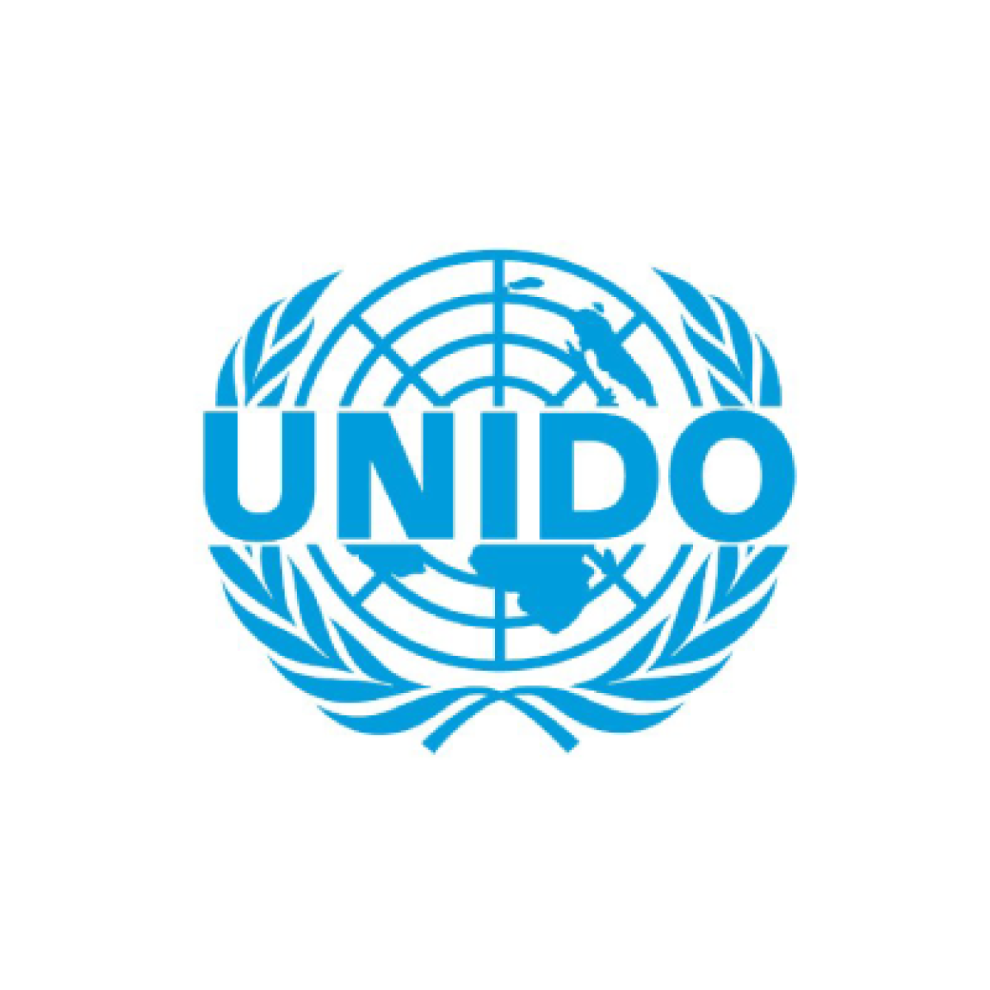The United Nations Industrial Development Organization (UNIDO) and the Nigerian government have signed a four-year agreement aimed at boosting inclusive and sustainable industrial development in the West African nation.
The “Programme Country Partnership” (PCP) Flagship Strategy for 2024-2028 was signed in Abuja on April 2nd, 2025, with the goal of supporting Nigeria’s ambitions to accelerate industrial growth and diversify its economy.
This marks the first such partnership between UNIDO and Nigeria, stemming from a request by the Nigerian government for assistance in achieving its industrial and economic goals.
UNIDO views the PCP as a landmark in its support for Nigeria’s ambition to become a major industrial and economic player in the West Africa region. The programme will focus on strengthening existing partnerships and forging new ones to promote inclusive and sustainable industrial development, ultimately contributing to a more diversified, competitive, and sustainable industrial economy.
Speaking at the signing ceremony, UNIDO Director General Gerd Müller highlighted the organisation’s 40-year relationship with Nigeria. He described the PCP as representing “a new quality of cooperation” to enhance Nigeria’s economic and industrial development. Müller emphasised the potential for Nigeria to become an “economic and industrial powerhouse” and stressed that the partnership would focus on job creation, increasing local value addition, developing special economic zones, shaping industrial policy, building trade capacity, and promoting sustainable energy development.
The PCP is designed to align with various national, regional, and global strategies, including Nigeria’s Medium Term National Development Plan (MTNDP) 2021-2025, the government’s “Renewed Hope Agenda,” the African Union’s Agenda 2063, and the UN’s 2030 Agenda and Sustainable Development Goals (SDGs). It also aligns with the United Nations Sustainable Development Cooperation Framework (UNSDCF) 2023-2027.
The programme will support the development of agricultural value chains, including those linked to the tourism sector, and will also promote industrial diversification and innovation through initiatives like special economic zones. Key cross-cutting areas such as industrial policy and statistics, quality infrastructure, sustainable energy, the circular economy, women’s empowerment, and youth employment will be addressed to ensure a comprehensive approach.
The Nigerian government will take the lead in providing overall direction and strategic guidance for the four-year implementation of the PCP. UNIDO will be responsible for mobilising funds from donors and partners and will provide technical support in coordination with the Nigerian government.




Add Comment